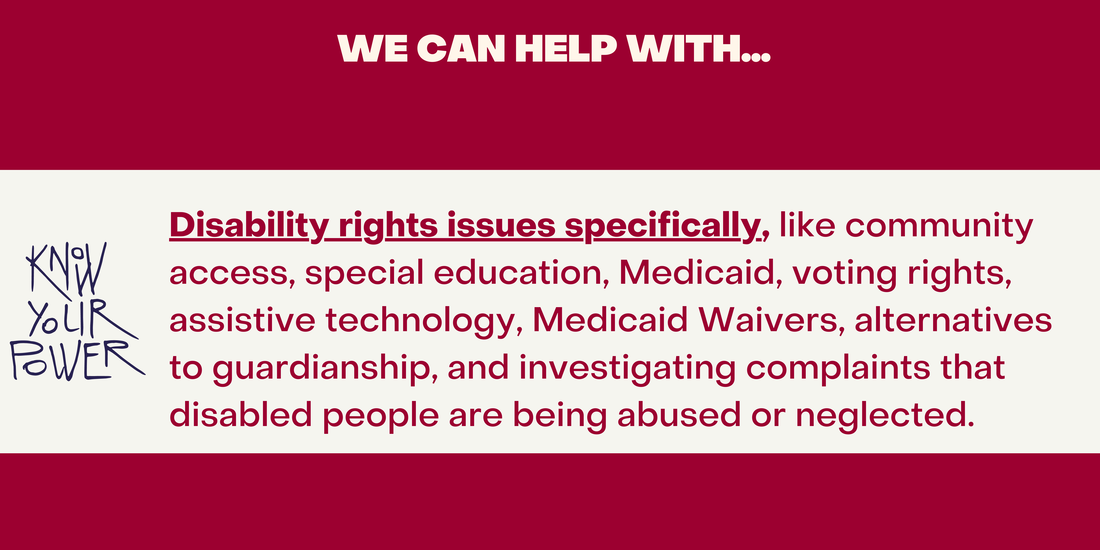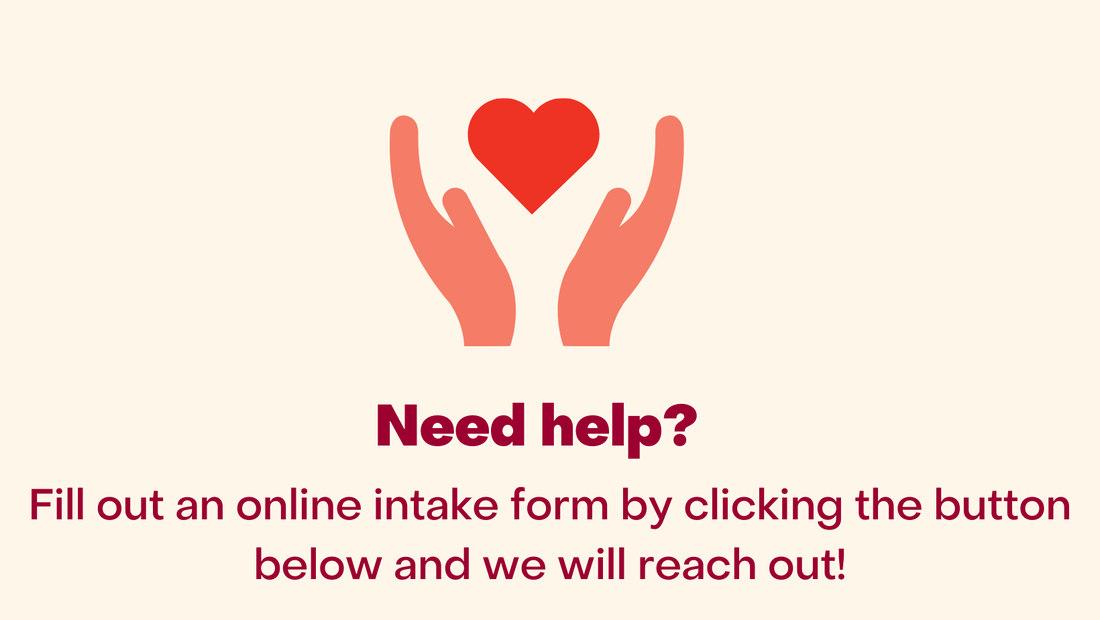Special Education: A Right, not a Favor!
Looking for our work on special education? Look no further! You can scan or click the QR code below to check it out!
|
Understanding Medicaid Waivers: A Guide to Home and Community-Based Services in Alabama
Looking for a comprehensive resource on Medicaid waivers? Click below to download the file or scan or click the QR code below!
| ||||



